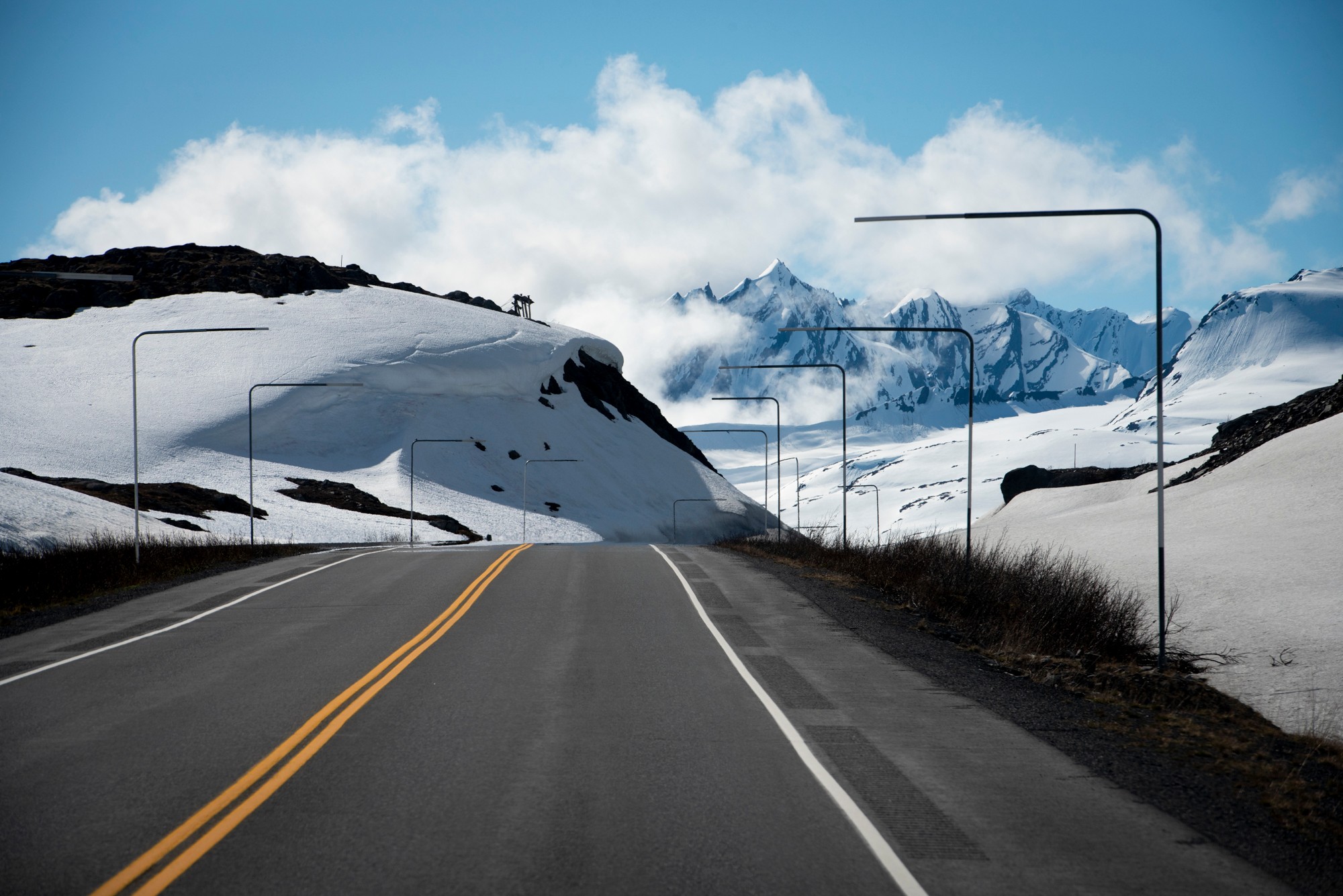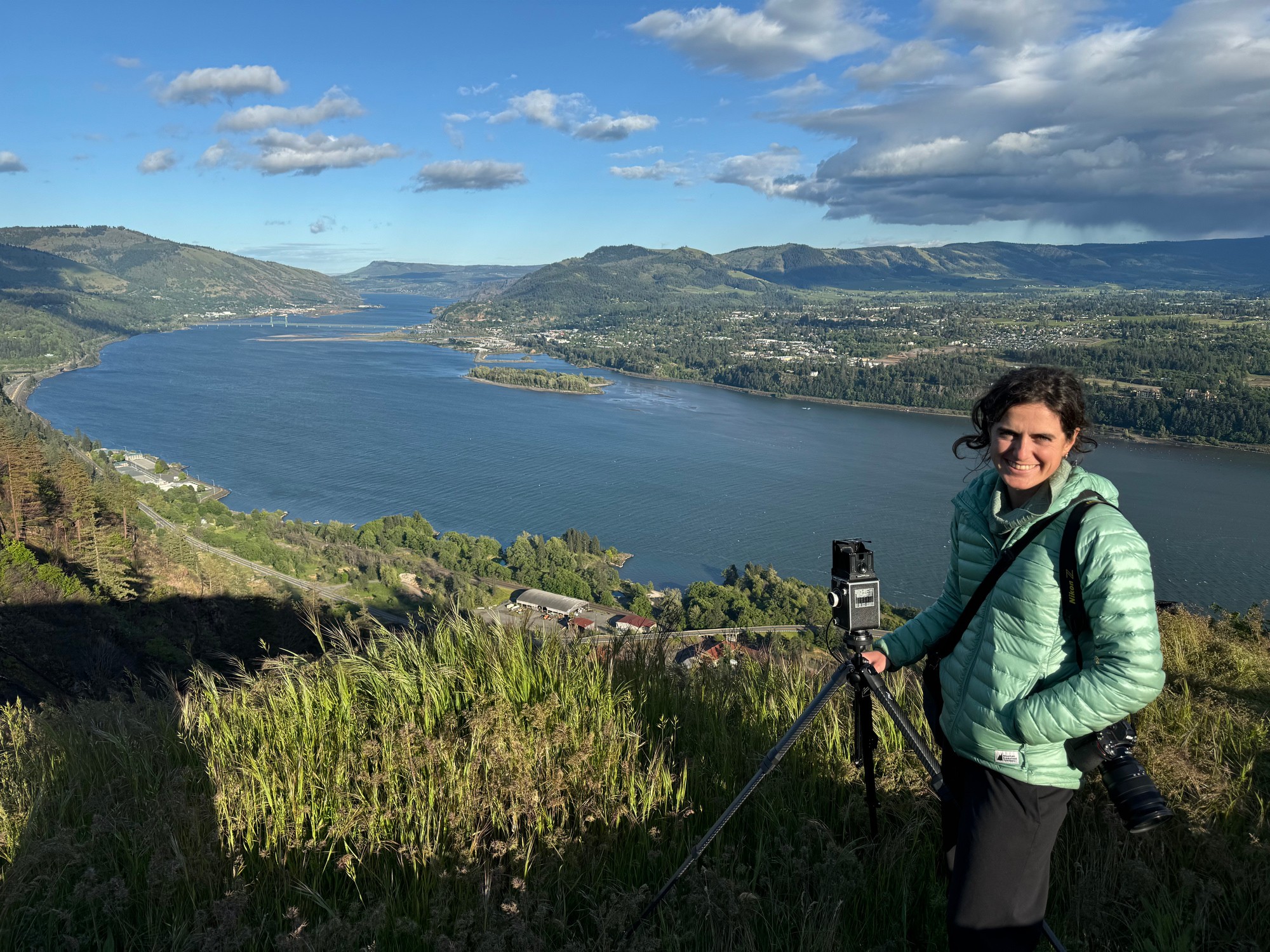We recently connected with Marlena Sloss and have shared our conversation below.
Alright, Marlena thanks for taking the time to share your stories and insights with us today. We’d love to hear about when you first realized that you wanted to pursue a creative path professionally.
Growing up, each morning before school I’d pore over the local newspaper, The Juneau Empire. I loved getting to see a slice of what was going on in the community just by looking at a photograph – seeing both beauty and information contained in a single image really drew me in. The newspaper just felt magical to me. In college I studied psychology and became really interested in people and how they think. I considered a career in therapy but the photography bug had stuck with me. Photojournalism felt like the perfect balance of understanding people and their stories and getting to share them through the visuals of photography.


Marlena, love having you share your insights with us. Before we ask you more questions, maybe you can take a moment to introduce yourself to our readers who might have missed our earlier conversations?
I’m a freelance photojournalist and editorial photographer. My work focuses on connection to nature and existence. With my degree in psychology and strong personal connection to nature, I’m very curious about individuals’ perspectives on life – what is meaningful? How do you understand your human existence? And how does nature shape your beliefs? I feel those questions are at the core of who people are. I’ve always seen photography as a tool for connection. Through photography and storytelling, I hope to build connections and understanding between people – the people whose lives I document and the audience who sees the photos. I feel that’s an important thing to bring to the world.
Currently I’m living and working nomadically in a van, traveling from Juneau, Alaska to Oaxaca, Mexico. Along the way I’m working on a long-term photo book project – photographing individuals whose daily lives are centered around a nature-based practice or craft and who learn about existence from that connection to nature. I’m using my grandfather’s Rolleiflex camera and working in medium format film; a beautiful process that has allowed me space to explore the way that I work.
My clients include The New York Times, The Washington Post, The New Yorker, Patagonia, The Wall Street Journal, Bloomberg. In the past I worked as a staff photographer at The Herald in Jasper, Indiana and I’ve interned at many newspapers including The Washington Post. I hold an M.A. in Visual Communication – Photojournalism from Ohio University and a B.A. in Psychology from Whitman College.


Learning and unlearning are both critical parts of growth – can you share a story of a time when you had to unlearn a lesson?
I had to unlearn the belief that work was my whole life. I had a really intensive 5 years of working 70+ hour weeks: graduate school for photojournalism, newspaper internships in D.C., South Carolina, Indiana, and then working on staff at a newspaper in Indiana. At the time, I thought that photojournalism was how I could best contribute to the world, and I really wanted to make that my life. Then the newspaper I worked at was sold, changed drastically, and my peers were laid off, all amidst the Covid-19 lockdown. After I left the paper, I realized how burnt out I was and how deeply I had internalized the idea that I was my work. I’d attached my ego and whole sense of self to my job, and couldn’t see past it. It took years to recover from that, and heal from burnout, but I learned how important it is to have a rich life outside of work and that my sense of worth does not depend on my photography.


In your view, what can society to do to best support artists, creatives and a thriving creative ecosystem?
Tough question. I think that in order to truly support artists, society would need to deprioritize profit and focus more on process. Personally, I have found that to tune into my deeper, soul-level creativity it’s really helped to just commit to being in the creative process and let things unfold rather than picking an outcome/product-driven goal and hustling towards that. Life, and creativity, needs a balance of those forces, but I think that as a society we are more achievement-focused so some people feel prohibited from exploring creativity without there being a “purpose.” So what could that look like, right now? I think one small thing that would help artists and creatives would be more grant opportunities that aren’t outcome-oriented. It might sound counterintuitive, but creatives need rest too. I’d love to see financial opportunities or residency programs for photographers to recharge, rest, and create freely without needing them to produce a certain story or project by the end of it.
Contact Info:
- Website: https://www.marlenasloss.com
- Instagram: @marlenasloss and @lived_compositions


Image Credits
Image credits: Marlena Sloss
Images of me working: Nick Jackson.


